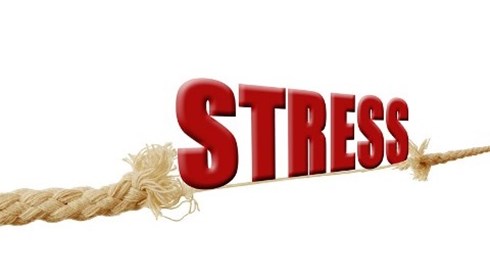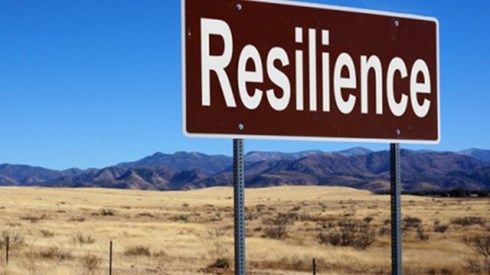Second Wave of COVID-19 Could Challenge Insurers' Resilience: S&P

July 14, 2020

Insurers and reinsurers ratings have proven resilient during the first wave of the COVID-19 pandemic, largely as a result of their capital strength, according to S&P Global Ratings, though a second wave of COVID-19 could prove challenging.
Those capital buffers will be eroded through the second half of the year, however, as financial market losses and claims add up, the rating agency said in a new report.
Insurers' assets risks outweigh their insurance risks, particularly for life insurers and those with thin capital buffers, according to S&P. "A prolonged economic recovery resulting in a more severe or prolonged financial market dislocation would put a strain on capital and earnings, increasing the risk of downgrades," S&P said.
S&P said lower investment returns, mark-to-market losses, and heightened claims will erode insurers' earnings in 2020, though many sectors' top lines and earnings should recover during 2021–2022. If the economic recovery is disrupted or long lockdowns reinstated, however, insurers' top lines in 2020 and 2021 would face more significant and longer-term consequences, according to S&P.
The rating agency noted that while the insurance industry's COVID-19-related business interruption (BI) claims could increase as a result of legal actions, it believes retroactive legislative or regulatory changes that would force insurers to cover excluded BI claims are unlikely.
With market observers estimating that insured losses from COVID-19 could be up to $140 billion, the bulk of the losses will come from commercial non-life business, particularly event insurance, business interruption, and entertainment, S&P said. Those losses could escalate, S&P said, if conditions worsen beyond its base-case recovery scenario, which assumes an economic recovery by the end of 2021.
"Prolonged lockdown scenarios, a severe second wave, or fiscal policies that prove ineffective in insulating economies could lead to a permanent loss of production and additional financial market dislocations," S&P said. Those conditions could weaken insurers' asset portfolios and capital positions more severely than what’s been seen thus far. Lower economic growth, higher unemployment, and rising inflation could also depress insurers' underwriting profitability, according to S&P.
S&P noted that going forward from the initial phase of the COVID-19 pandemic, there could be increased concern for employee safety leading to a rise in lawsuits against employers, increasing claims for insurers.
A second wave of the pandemic that disrupts the economic recovery could also result in increased claims, S&P said.
July 14, 2020




